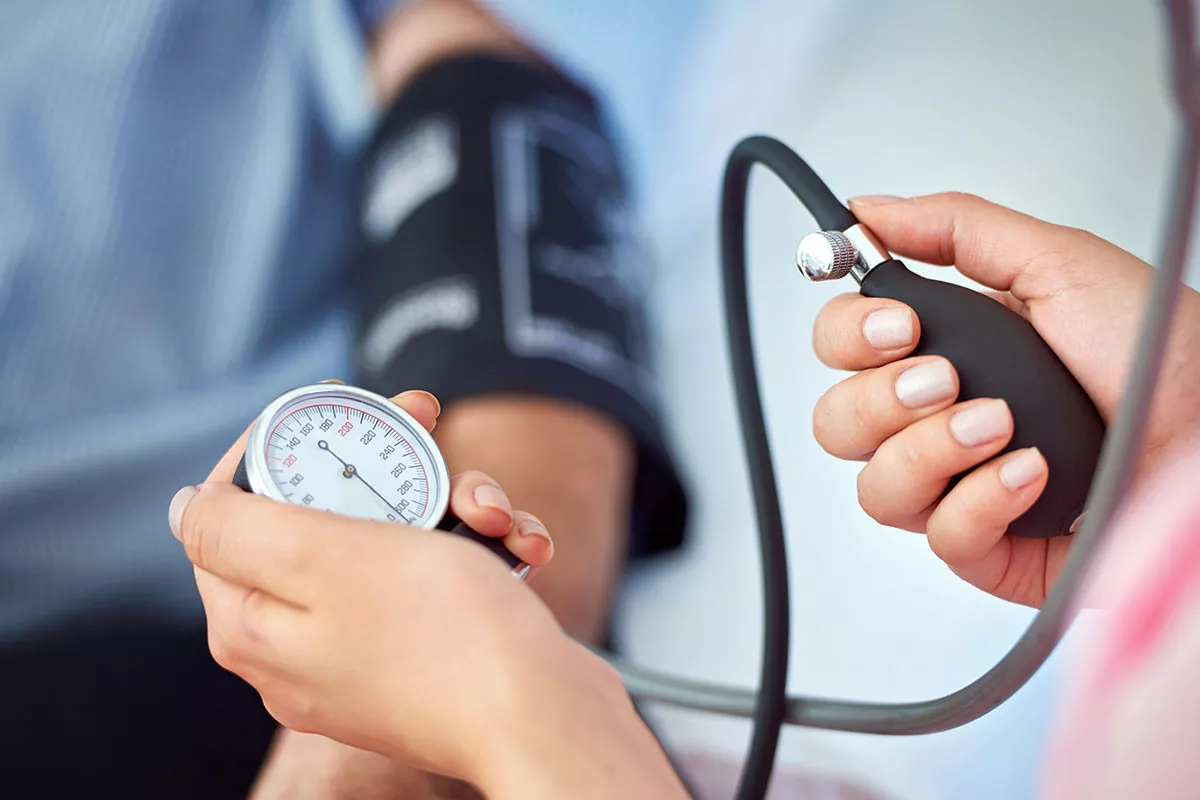High blood pressure, also known as hypertension, is often called the "silent killer" because it can go unnoticed until it reaches dangerous levels. Many people with hypertension are unaware of their condition, as it rarely causes visible symptoms early on. According to the World Health Organization, at least one in four adults in India is affected by high blood pressure, yet only about 12% of them manage to control it.
This makes regular monitoring crucial, especially as high blood pressure can silently damage vital organs and lead to severe complications like heart disease, stroke, and kidney failure.
We explore some lesser-known symptoms that could signal high blood pressure and the importance of staying vigilant.
1. Frequent Urination
Frequent urination, especially waking up in the middle of the night to urinate (nocturia), can be an early warning sign of several health issues, including high blood pressure. Studies have shown that individuals experiencing nocturia are at a higher risk of developing hypertension. A study in Japan found that people who frequently woke up at night to urinate were 40% more likely to develop high blood pressure, suggesting a direct correlation between nocturia and hypertension.
2. Chest Pain
Chest pain is a serious symptom that can arise from the strain high blood pressure places on the heart. As blood pressure rises, it can cause the heart muscle to work harder, leading to discomfort or even pain in the chest. This symptom must not be ignored, as it could indicate severe conditions such as heart disease, heart attack, or angina. According to the World Health Organization, uncontrolled high blood pressure is a significant risk factor for cardiovascular diseases, which can be fatal if left untreated.
3. Ankle Swelling
High blood pressure can lead to complications such as heart failure, where the heart's ability to pump blood efficiently is compromised. This inefficiency can cause fluid to accumulate in the lower extremities, particularly the ankles. Swelling in the ankles is a common sign of long-term hypertension and should be addressed immediately to prevent further complications.
4. Dizziness
Dizziness or lightheadedness can also be a sign of high blood pressure. A study by the National Institutes of Health involving older adults showed that a significant number of participants who experienced dizziness were also diagnosed with hypertension. Dizziness can be linked to poor blood circulation or imbalance, both of which are common in individuals with high blood pressure.
5. Vision Problems
Hypertension can damage the tiny blood vessels in the eyes, leading to symptoms like blurred vision, spots, or difficulty focusing. In severe cases, it can result in permanent vision loss. According to traditional Indian medicine, high blood pressure causes narrowing and thickening of retinal blood vessels, which can impair vision. This underscores the importance of regular eye checkups for those with high blood pressure, especially if they notice any changes in their eyesight.









COMMENTS
Comments are moderated and generally will be posted if they are on-topic and not abusive.
For more information, please see our Comments FAQ